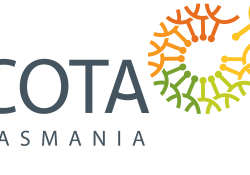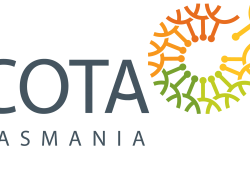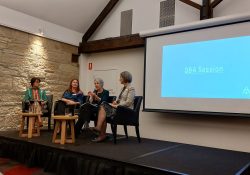
COTA Tasmania is pleased to have worked with MHCT on this important report released end of May.
In June 2020, the Mental Health Council of Tasmania (MHCT) partnered with Primary Health Tasmania (PHT) and the Mental Health and Drug and Alcohol Directorate (MHADD) to develop a COVID-19 Mental Health and Alcohol and Other Drug Support Plan. As part of the COVID-19 Mental Health and Alcohol and Other Drug Support Plan, MHCT committed to understanding how older people may have been disproportionately affected by COVID-19 to develop recommendations.
MHCT worked with key stakeholders to identify the current and emerging impacts on older Tasmanians and the service system that supports them. To inform this report a round table discussion was held in October 2020 with a range of leaders from peak bodies, service providers and funding agencies.
MHCT also facilitated consultations with a sample of 42 older aged Tasmanian people between October and November 2020. In this report MHCT presents the concerns raised by older Tasmanians, and the services that support them, as well as a series of opportunities to support better mental health and wellbeing outcomes for older Tasmanians.
Throughout the pandemic, older Tasmanians, faced a range of challenges. COVID-19 impacted on the
mental health and wellbeing of older Tasmanians due to concerns associated with:
mental health and wellbeing of older Tasmanians due to concerns associated with:
• access to care during restriction period
• access to transport/ability to move around freely
• having inadequate supplies (inc. groceries)
• changes to service provision (inc. cancellation of services)
• family and friends becoming unwell
• no contact with relatives including grandchildren
• restriction period duration and uncertainty; and,
• financial concerns.
• access to transport/ability to move around freely
• having inadequate supplies (inc. groceries)
• changes to service provision (inc. cancellation of services)
• family and friends becoming unwell
• no contact with relatives including grandchildren
• restriction period duration and uncertainty; and,
• financial concerns.
One of the most common experiences that impacted on the wellbeing of older Tasmanians was social
isolation which was compounded for older Tasmanians under COVID-19 restrictions. Social isolation was especially prevalent for older people living in communities with significantly reduced social engagement and those in residential care due to many facilities being in protracted lockdown conditions.
isolation which was compounded for older Tasmanians under COVID-19 restrictions. Social isolation was especially prevalent for older people living in communities with significantly reduced social engagement and those in residential care due to many facilities being in protracted lockdown conditions.
Other challenges raised by older Tasmanians included the impacts of ageism, disrupted service access, digital exclusion, elder abuse, a reluctance to reengage post lock-down, and difficulty accessing information on wellbeing supports.
Tasmania has the oldest population in the country, with around 20 per cent of Tasmanian residents aged
65 or over. Despite this, there is currently no tailored mental health response for older Tasmanians.
While many of these issues experienced by older Tasmanians are not new, COVID-19 has brought them to the forefront, providing an opportunity to review service provision and community development
initiatives to ensure they are meeting the current needs of older people.
65 or over. Despite this, there is currently no tailored mental health response for older Tasmanians.
While many of these issues experienced by older Tasmanians are not new, COVID-19 has brought them to the forefront, providing an opportunity to review service provision and community development
initiatives to ensure they are meeting the current needs of older people.
Based on feedback from service providers and older aged Tasmanians MHCT presents nine opportunities for consideration of policy makers, funding agencies and other government and commissioning bodies.
To read the full report go to:
https://mhct.org/wp-content/uploads/2021/05/COVID-19-A-mental-health-response-for-Older-Tasmanians-May-2021.pdf
Or call us and we are happy to print and post a copy.


